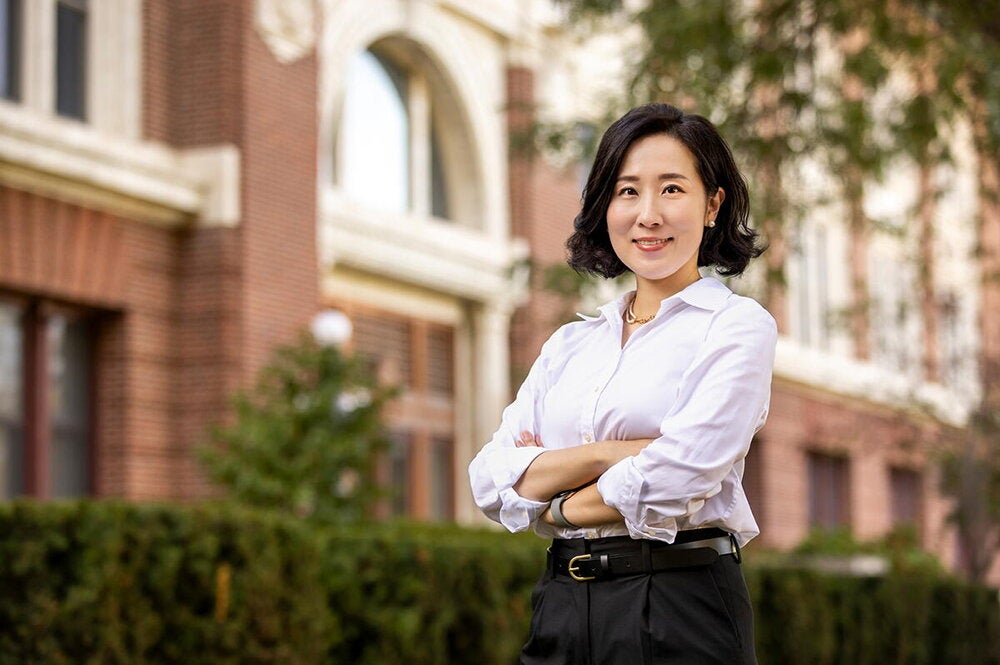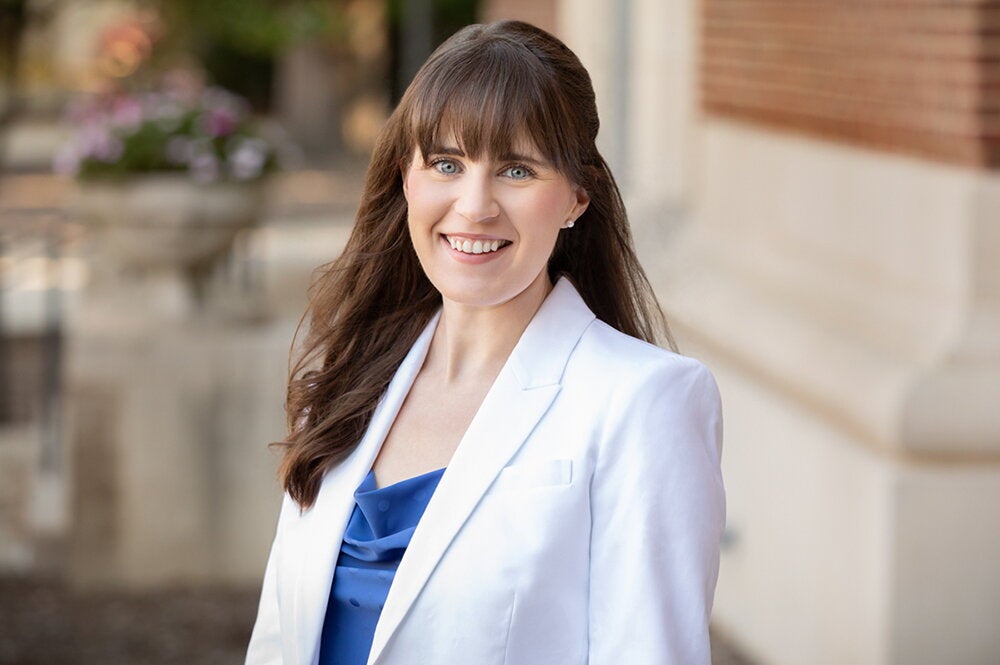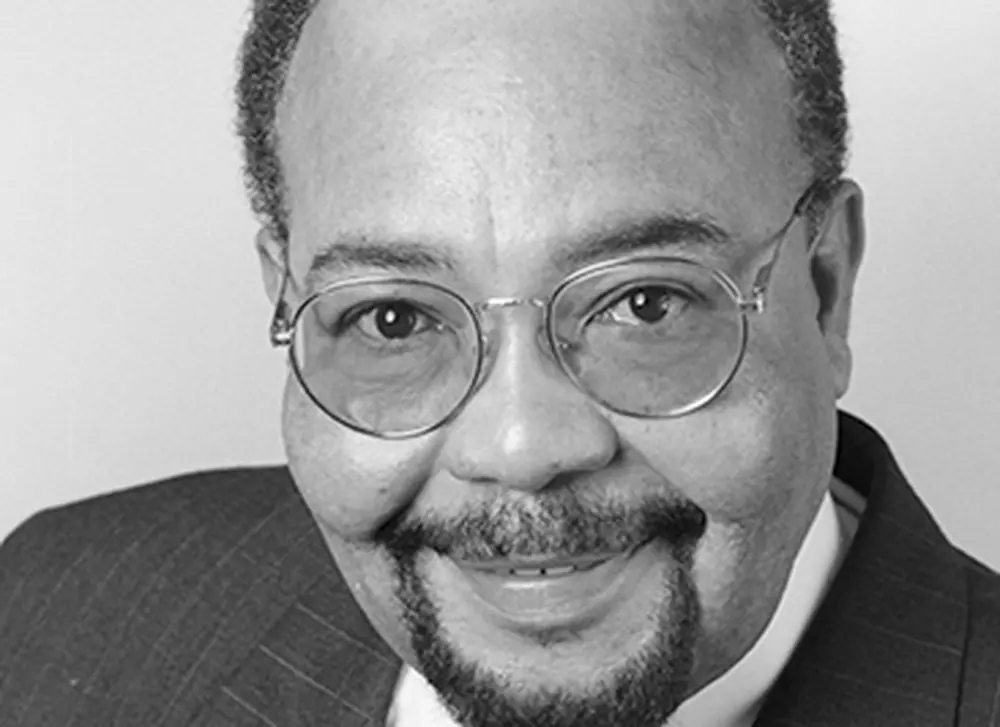
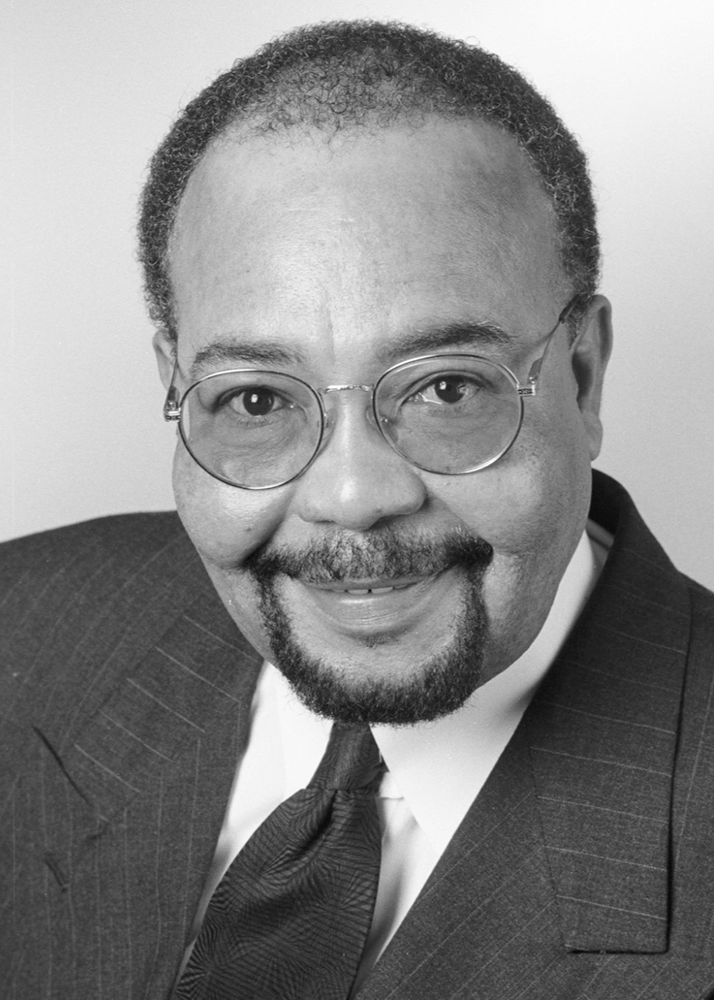
Each day as she enters her office, the lessons that Pamela Greer learned from Robert Copeland come to mind as she sits in his old chair and waters the plant he left behind when he retired in 2001.
In 1989, Copeland took a chance on Greer (BA, '89, speech communication) when she applied for a job in LAS right after earning her bachelor’s degree. Now, almost 30 years later, Greer said Copeland helped her find her calling.
“I appreciate the lessons that he taught the office, and I will carry them out until I kick the dirt,” Greer said.
Copeland, former associate dean of student academic affairs for LAS, passed away in 2004, but memories of his service to LAS have resurfaced lately with the dedication of a conference room in his name. Elaine Copeland, his wife, donated $50,000 to the Lincoln Scholars Initiative and the Robert M. Copeland Undergraduate Assistance Fund.
The Lincoln Scholars Initiative helps high-achieving students with financial need attend the University of Illinois, and the Robert M. Copeland Undergraduate Assistance Fund provides funding to students in the Access and Achievement Program who may not otherwise be able to register for the upcoming term.
Elaine’s gift seems appropriate as Robert Copeland, the first African American associate dean at the university, was a key figure in helping students continue in higher education. During his time as dean, Elaine remembers him as proactively helping students in any capacity, whether it was grade auditing or giving general advice.
Four years ago, Elaine recalled, she was in Orlando, Florida, when former Illinois and Orlando Magic NBA basketball player Nick Anderson approached her.
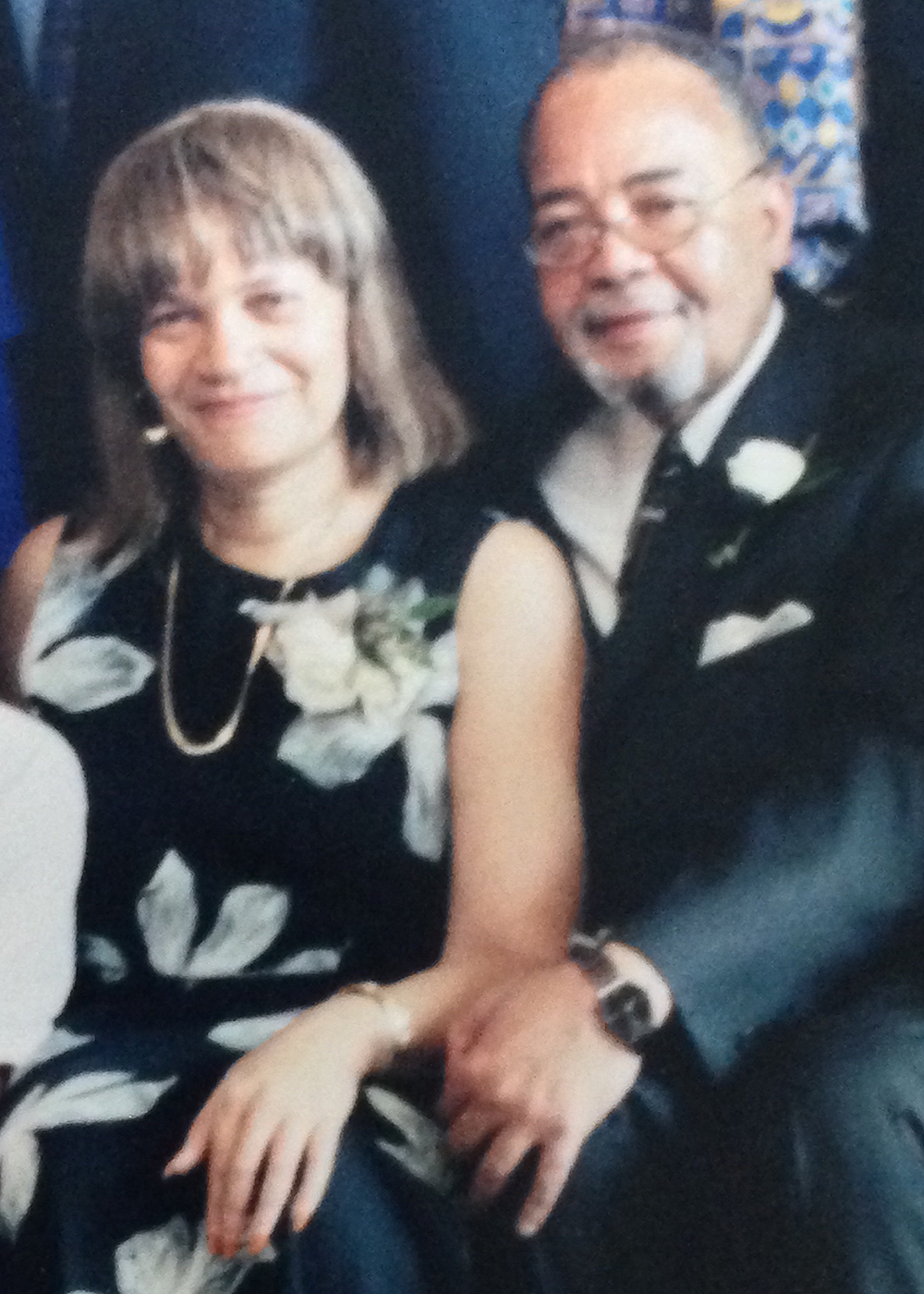
“He said that my husband had had the greatest impact on him at the institution,” Elaine said, noting that Anderson put him up to the same status as former iconic Illinois men’s basketball coach Lou Henson.
He was passionate about strengthening programs that aided minority populations. And, according to former students, is remembered for keeping an open-door policy—although it did sometimes come with “brutal honesty,” his wife said.
But if he was to discipline someone, he would do it in the nicest way possible, said several of his former colleagues. For those who worked with him, Copeland had a calming but assertive presence.
Ginny McCarrey, a former administrative assistant who worked in LAS with Copeland for more than 15 years, said he would always have time for students and their parents.
“You couldn’t have had a better person in a student office,” McCarrey said.
Kimberly Alexander-Brown, assistant dean and director of the LAS Access and Achievement Program, was hired in 1996 by Copeland and remembers him fondly.
Although Copeland was by nature a quiet man, said Alexander-Brown, his words were always thoughtful, and people listened attentively. Those who worked with him continue to follow Copeland’s advice and path, Alexander-Brown said.
“As long as he has people at LAS who were under his tutelage, that impact is going to be set for years to come,” Alexander-Brown said. She credits her strong ability to critically think and analyze higher education to Copeland’s guidance.
“His legacy is what he taught us and we keep passing that along to our graduate students,” she said.
Copeland grew up in North Carolina and worked as a high school biology teacher. He also spent time advocating for civil rights. Eventually he earned his PhD in science education from Oregon State University, and then he came to Illinois.
He started his 27-year career with the College of LAS as an advisor and advanced to become an associate dean for student academic affairs.
“Dean Copeland set the tone for the office,” Greer said. “He was very well respected and very much an advocate for the students he served.”
Just as Copeland’s now 30-year-old plant still thrives in Greer’s office, she still implements some of his old ways of conducting work: Be honest, be forthright, and be able to validate and support decisions.
“I couldn't just make decisions based on how I feel,” Greer said. “Copeland’s methodology helps me remain consistent; and this continues to assist the college with being consistent in our decision-making.”
